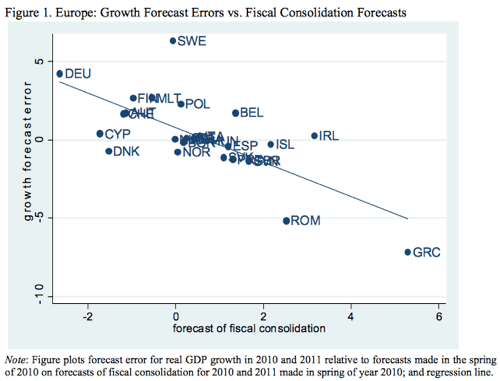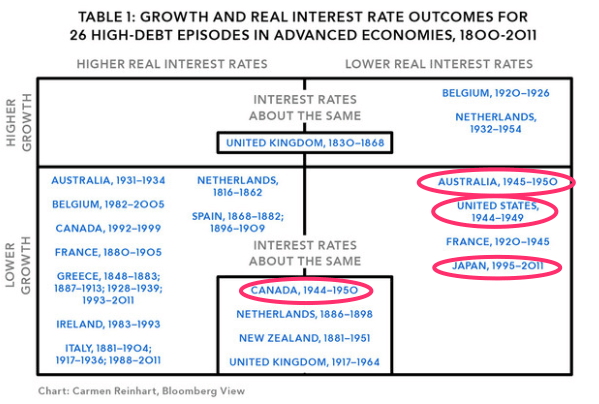This is beyond the remit of the Washington Center for Equitable Growth. Nevertheless, every American who has given, still gives, or contemplates ever giving money to the Washington Post for any purpose needs to read Ta-Nehisi Coates:
Ta-Nehisi Coates: Richard Cohen in Context:
I read the entire column. I saw the preceding grafs where Cohen offers a rough history of the Dixiecrats and segregationists wing of America. And then I read this:
Today’s GOP is not racist, as Harry Belafonte alleged about the tea party, but it is deeply troubled—about the expansion of government, about immigration, about secularism, about the mainstreaming of what used to be the avant-garde. People with conventional views must repress a gag reflex when considering the mayor-elect of New York–a white man married to a black woman and with two biracial children. (Should I mention that Bill de Blasio’s wife, Chirlane McCray, used to be a lesbian?) This family represents the cultural changes that have enveloped parts—but not all—of America. To cultural conservatives, this doesn’t look like their country at all.
The problem here isn’t that we think Richard Cohen gags at the sight of an interracial couple and their children.
The problem is that Richard Cohen thinks being repulsed isn’t actually racist, but “conventional” or “culturally conservative.”
Obstructing the right of black humans and white humans to form families is a central feature of American racism. If retching at the thought of that right being exercised isn’t racism, then there is no racism.
Context can not improve this. “Context” is not a safe word that makes all your other horse-shit statements disappear. And horse-shit is the context in which Richard Cohen has, for all these years, wallowed. It is horse-shit to claim that store owners are right to discriminate against black males. It is horse-shit to claim Trayvon Martin was wearing the uniform of criminals. It is horse-shit to subject your young female co-workers to “a hostile work environment.” It is horse-shit to expend precious newsprint lamenting the days when slovenly old dudes had their pick of 20-year-old women. It is horse-shit to defend a rapist on the run because you like “The Pianist”. And it is horse-shit for Katherine Weymouth, the Post’s publisher, to praise a column with the kind of factual error that would embarrass a j-school student.
Richard Cohen’s unfortunate career is the proper context to understand his column today and the wide outrage that’s greeted it. We are being told that Cohen finds it “hurtful” to be called racist. I am sorry that people on the Internet have hurt Richard Cohen’s feelings. I find it “hurtful” that Cohen endorses the police profiling my son. I find it eternally “hurtful” that the police, following that same logic, killed one of my friends. I find it hurtful to tell my students that, even in this modern age, vending horse-shit is still an esteemed and lucrative profession.


